2009-12-31 08:53
TSA carriers pursue interim revenue recovery in early 2010
Transpacific shipping lines have announced an emergency revenue program for the first half of 2010, in an effort to obtain critically needed revenue prior to the usual service contracting season that begins for most carriers and their customers in May 2010. With every major transpacific carrier suffering massive losses reaching into the hundreds of millions individually, and estimated at $20 billion collectively for 2009, lines say they cannot afford to carry current rates forward another six months until the new round of 2010-11 contracts is signed.
Member lines in the Transpacific Stabilization Agreement (TSA) have adopted a voluntary guideline Emergency Revenue Charge (ERC) of US$320 per 20-foot container (TEU); $400 per standard 40-foot container (FEU); $450 per high-cube FEU; and $505 per 45-foot container, effective January 15, 2010.
TSA emphasized that the ERC is an interim charge that is distinct from a previously announced general rate increase (GRI) of $800 per FEU for West Coast port-to-port and local cargo, and $1,000 per FEU for all other all-water and intermodal shipments. The ERC is intended to expire upon execution of new contracts in 2010.
Taking this step now, as many shippers face the stress of an economy that is still a long way from recovery, is not what carriers would have preferred, said TSA Chairman Ron Widdows. But without some improvement in the economics of this trade in the very near future, they will be left with some very tough choices that involve either moving even more aggressively to individually consolidate or reduce the number of services now offered, or incur further losses that in the longer term are simply not sustainable.
TSA lines say they will be engaging with customers in various ways depending on how their contracts are structured, applying the ERC where contract terms allow, and seeking to negotiate reopening of contracts that do not provide for interim adjustments. The TSA guideline recommends that early bids or new contracts with early start dates prior to May 1 be quoted with the full, previously announced GRI.
TSA members also noted the 81% increase in marine fuel prices year to date in 2009 adding more than $520,000 to the cost of a single Asia-U.S. sailing to the West Coast, and nearly $720,000 to a single East Coast all-water sailing.
TSA carriers reaffirmed their commitment to assess the full, floating TSA guideline bunker charge of $348 per FEU to the West Coast and $689 per FEU to the East and Gulf Coasts, effective for the calendar quarter beginning January 1, 2010, and to similarly apply the full charge as adjusted on April 1, 2009 to subsequent contracts.
And in a related move, TSA said it will amend its agreement on file with the U.S. Federal Maritime Commission to provide members with additional authority to discuss matters relating to slow steaming or other environmental initiatives that will enable the industry to more significantly reduce emissions and other impacts, at the same time it reduces operating costs.
Moving our industry down the path of a more proactive approach to emissions reduction will yield important benefits for shippers, carriers, ports and communities over time. That is why we are seeking the support of the shipping community and the FMC, so that TSA carriers can engage in a dialogue that approaches this critical issue in a more effective way Widdows said.
Clearly we can expect to see dramatic changes in the world from global regulations put in place to reduce greenhouse gases, and carbon emissions in particular. This will require carriers to consider major changes in how they design and operate ships; greater information-sharing will contribute to a smoother transition.
TSA is a research and discussion forum of major container shipping lines serving the trade from Asia to ports and inland points in the U.S.
Member lines in the Transpacific Stabilization Agreement (TSA) have adopted a voluntary guideline Emergency Revenue Charge (ERC) of US$320 per 20-foot container (TEU); $400 per standard 40-foot container (FEU); $450 per high-cube FEU; and $505 per 45-foot container, effective January 15, 2010.
TSA emphasized that the ERC is an interim charge that is distinct from a previously announced general rate increase (GRI) of $800 per FEU for West Coast port-to-port and local cargo, and $1,000 per FEU for all other all-water and intermodal shipments. The ERC is intended to expire upon execution of new contracts in 2010.
Taking this step now, as many shippers face the stress of an economy that is still a long way from recovery, is not what carriers would have preferred, said TSA Chairman Ron Widdows. But without some improvement in the economics of this trade in the very near future, they will be left with some very tough choices that involve either moving even more aggressively to individually consolidate or reduce the number of services now offered, or incur further losses that in the longer term are simply not sustainable.
TSA lines say they will be engaging with customers in various ways depending on how their contracts are structured, applying the ERC where contract terms allow, and seeking to negotiate reopening of contracts that do not provide for interim adjustments. The TSA guideline recommends that early bids or new contracts with early start dates prior to May 1 be quoted with the full, previously announced GRI.
TSA members also noted the 81% increase in marine fuel prices year to date in 2009 adding more than $520,000 to the cost of a single Asia-U.S. sailing to the West Coast, and nearly $720,000 to a single East Coast all-water sailing.
TSA carriers reaffirmed their commitment to assess the full, floating TSA guideline bunker charge of $348 per FEU to the West Coast and $689 per FEU to the East and Gulf Coasts, effective for the calendar quarter beginning January 1, 2010, and to similarly apply the full charge as adjusted on April 1, 2009 to subsequent contracts.
And in a related move, TSA said it will amend its agreement on file with the U.S. Federal Maritime Commission to provide members with additional authority to discuss matters relating to slow steaming or other environmental initiatives that will enable the industry to more significantly reduce emissions and other impacts, at the same time it reduces operating costs.
Moving our industry down the path of a more proactive approach to emissions reduction will yield important benefits for shippers, carriers, ports and communities over time. That is why we are seeking the support of the shipping community and the FMC, so that TSA carriers can engage in a dialogue that approaches this critical issue in a more effective way Widdows said.
Clearly we can expect to see dramatic changes in the world from global regulations put in place to reduce greenhouse gases, and carbon emissions in particular. This will require carriers to consider major changes in how they design and operate ships; greater information-sharing will contribute to a smoother transition.
TSA is a research and discussion forum of major container shipping lines serving the trade from Asia to ports and inland points in the U.S.
많이 본 기사
- 신년특집 기획/ 새해 컨시장 기상도 유럽 상승 vs 북미 혼조컨운임지수 넉달만에 2500선 넘어…6주 연속↑상하이항 5000만TEU·싱가포르항 4000만TEU 나란히 돌파BDI 1015포인트…케이프·수프라막스선 하락세 이어져해운협회, 부산항내 중대재해 예방 안전캠페인해운조합, 전환교통지원사업 24일까지 공모태웅로직스, 한화토탈에너지스 우수 파트너사 선정여수해경, 해양환경관리 모범선박 예인선 <세진 101>호 선정해양수산부, 김혜정 신임 부산해수청장 선임인천신항 선광신컨테이너터미널, 전기구동 야드트랙터 13대 도입
- 대한조선, 그리스 선사 발주 석유제품운반선 4척 동시명명경기평택항만공사, 평택·당진항 배후단지 업무편의시설용지 분양SK인천석유화학, 3300t급 급유선 도입…“서해 벙커링시장 경쟁력 강화...관세청, 설맞아 수출입화물 선적지원·24시간 통관등 특별대책 시행강도형 해수부 장관, “새해 글로벌공급망 관리 중점 추진”인사/ 우진글로벌로지스틱스부음/ 한국선급 최원준 부사장 모친상롯데글로벌로지스, ‘소비자불만해결 우수사업자’ 선정‘항만효율화 공로’ 주성씨앤에어 박진수 대표, 해수부 장관표창 영예BPA, 신년맞이 동절기 부산신항 안전관리 실태 점검





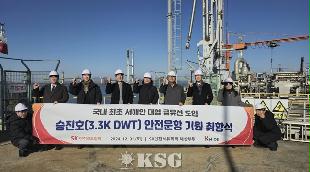

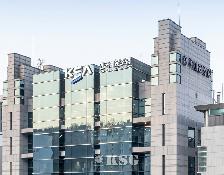
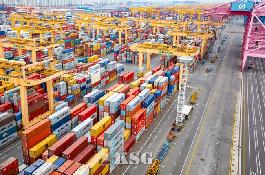
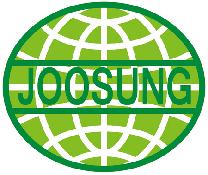



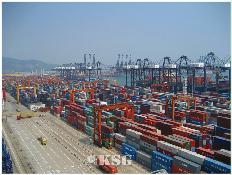
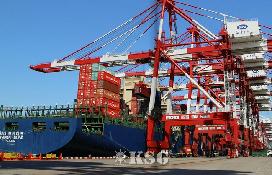
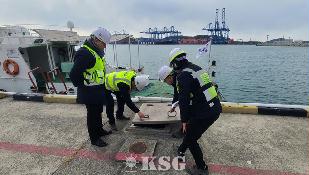
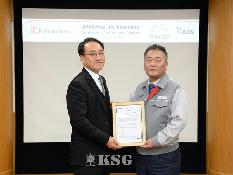
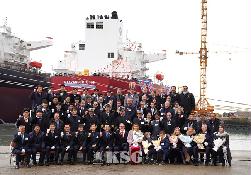

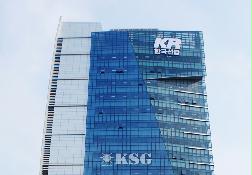
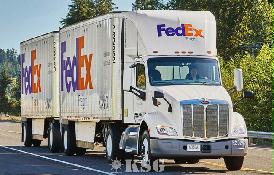
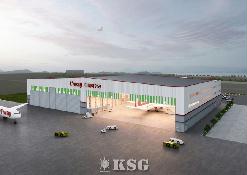
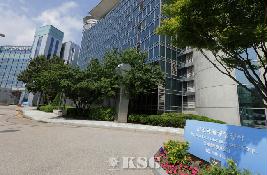

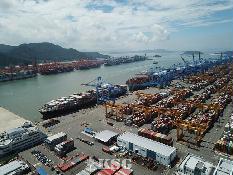
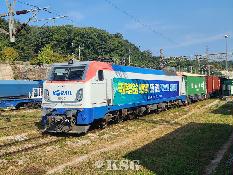
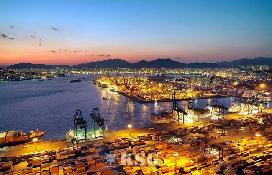
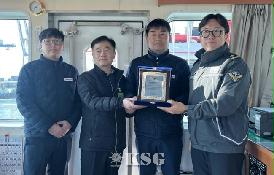
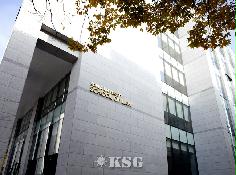
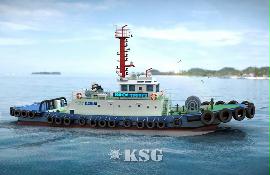
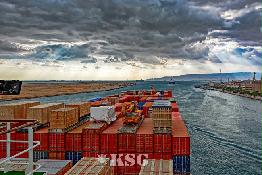


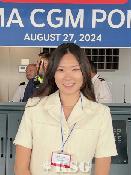





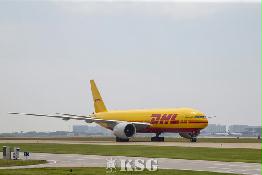
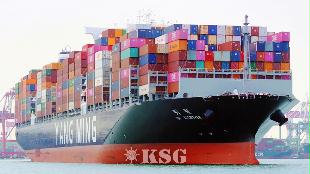
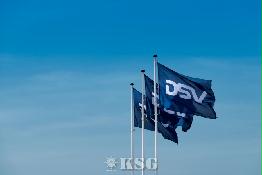
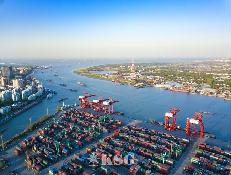






















0/250
확인